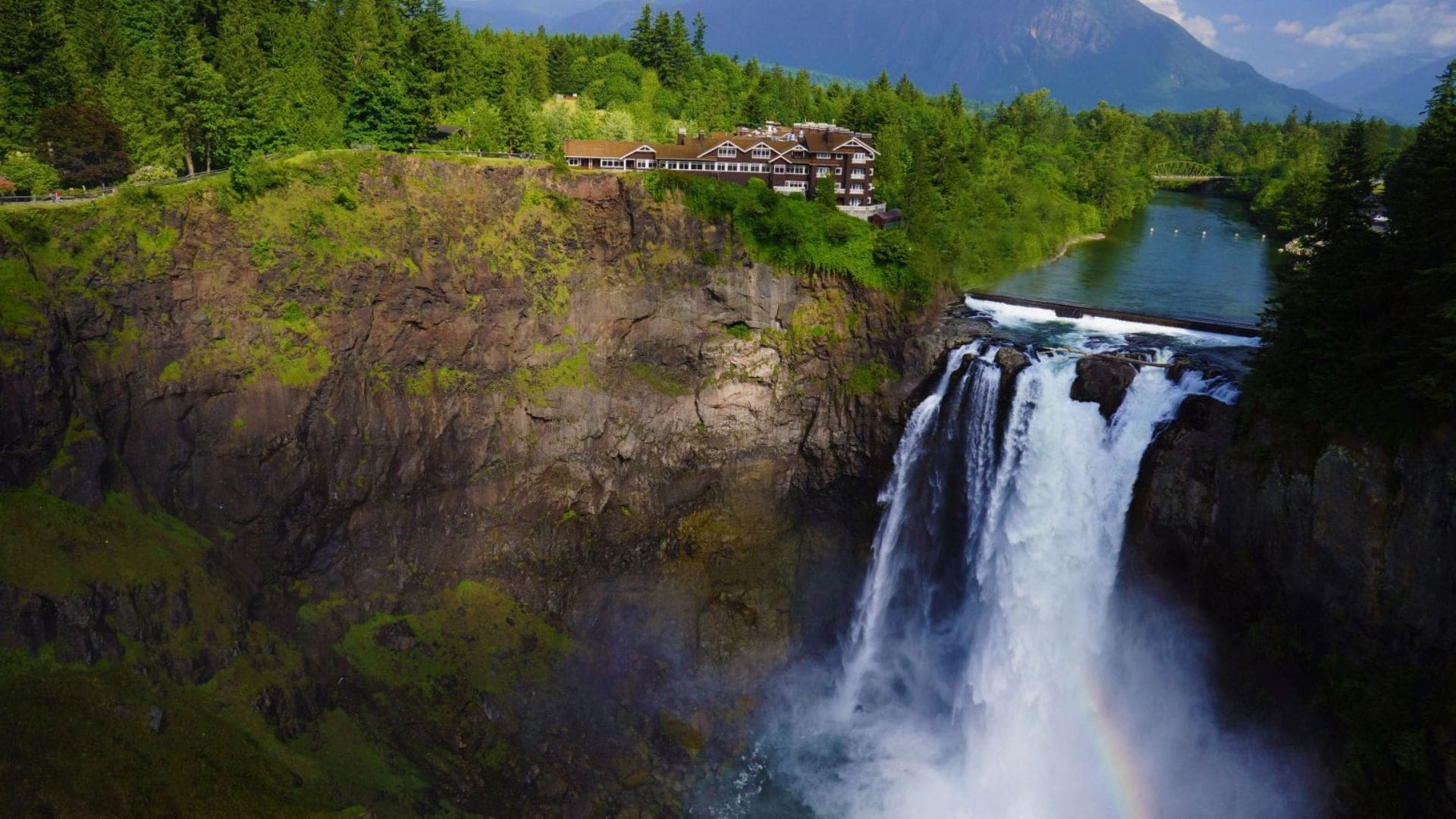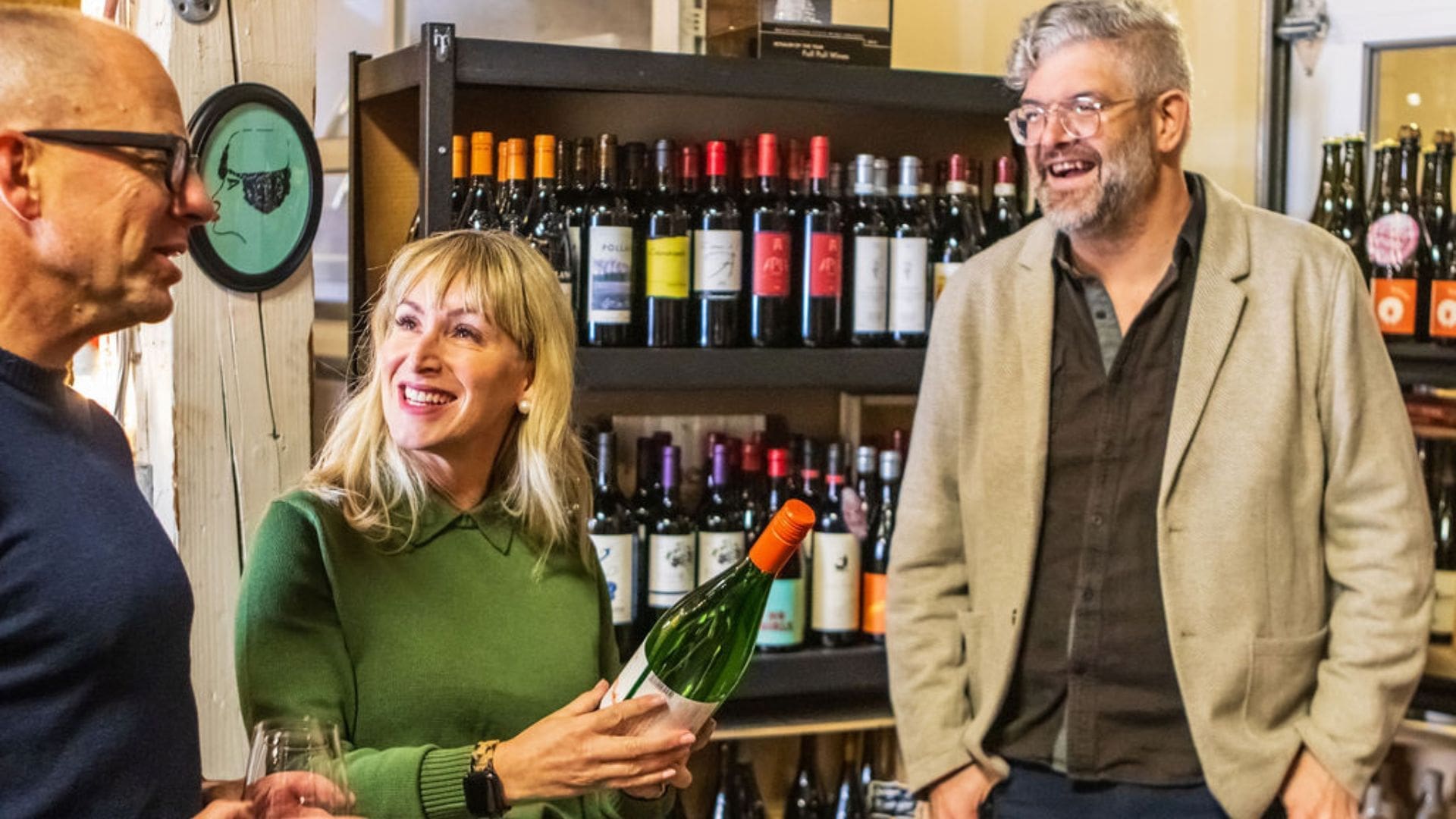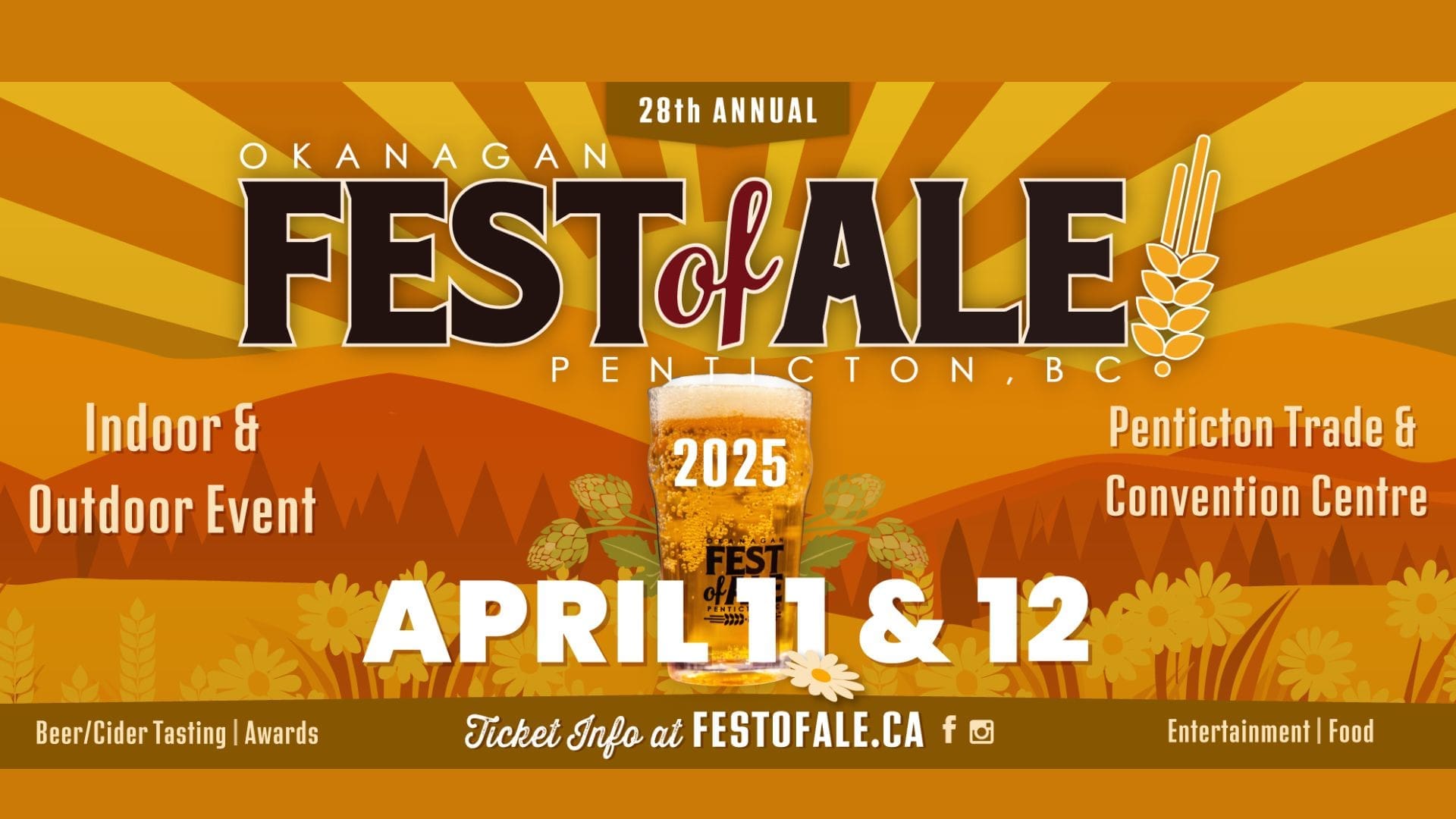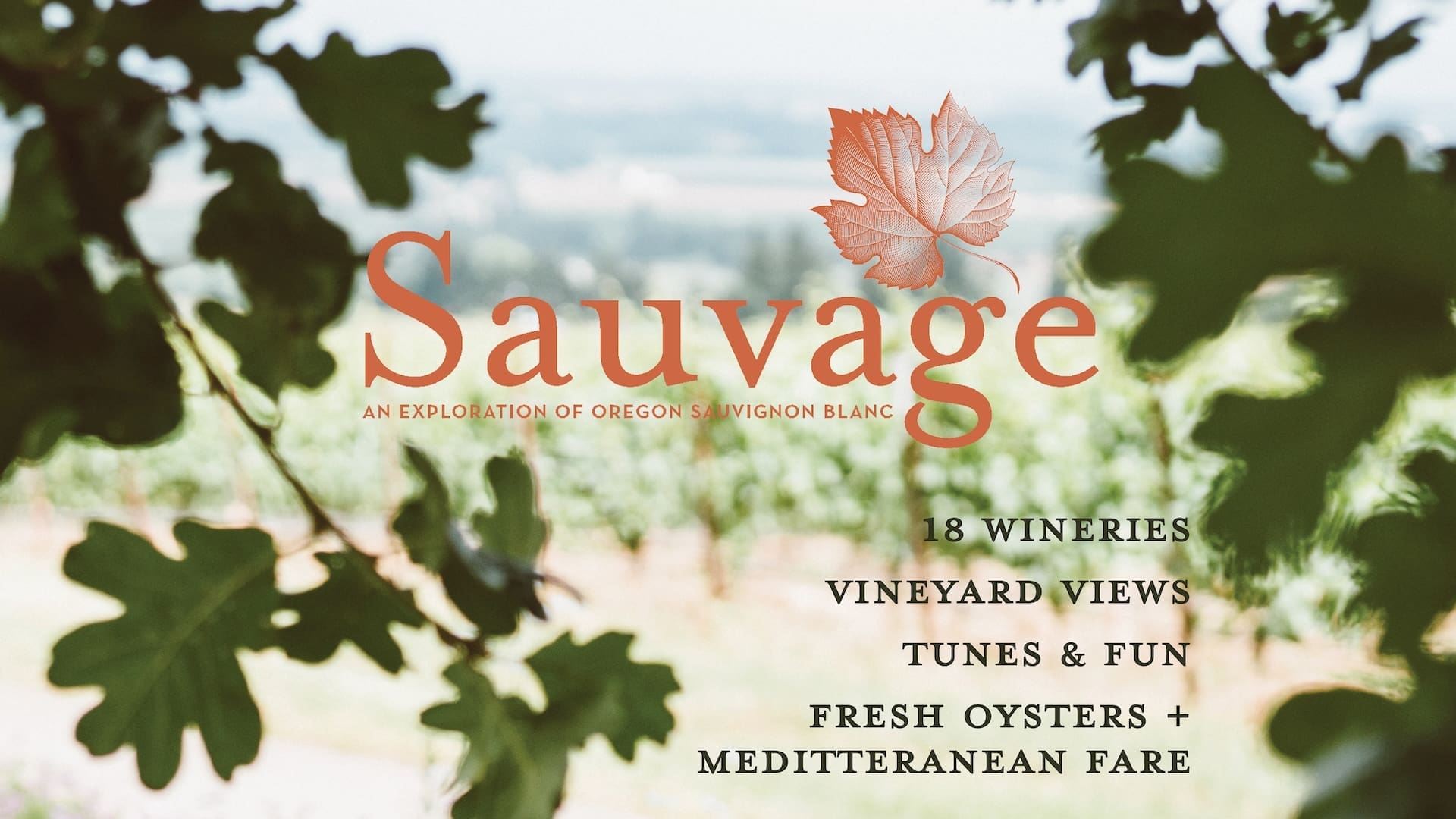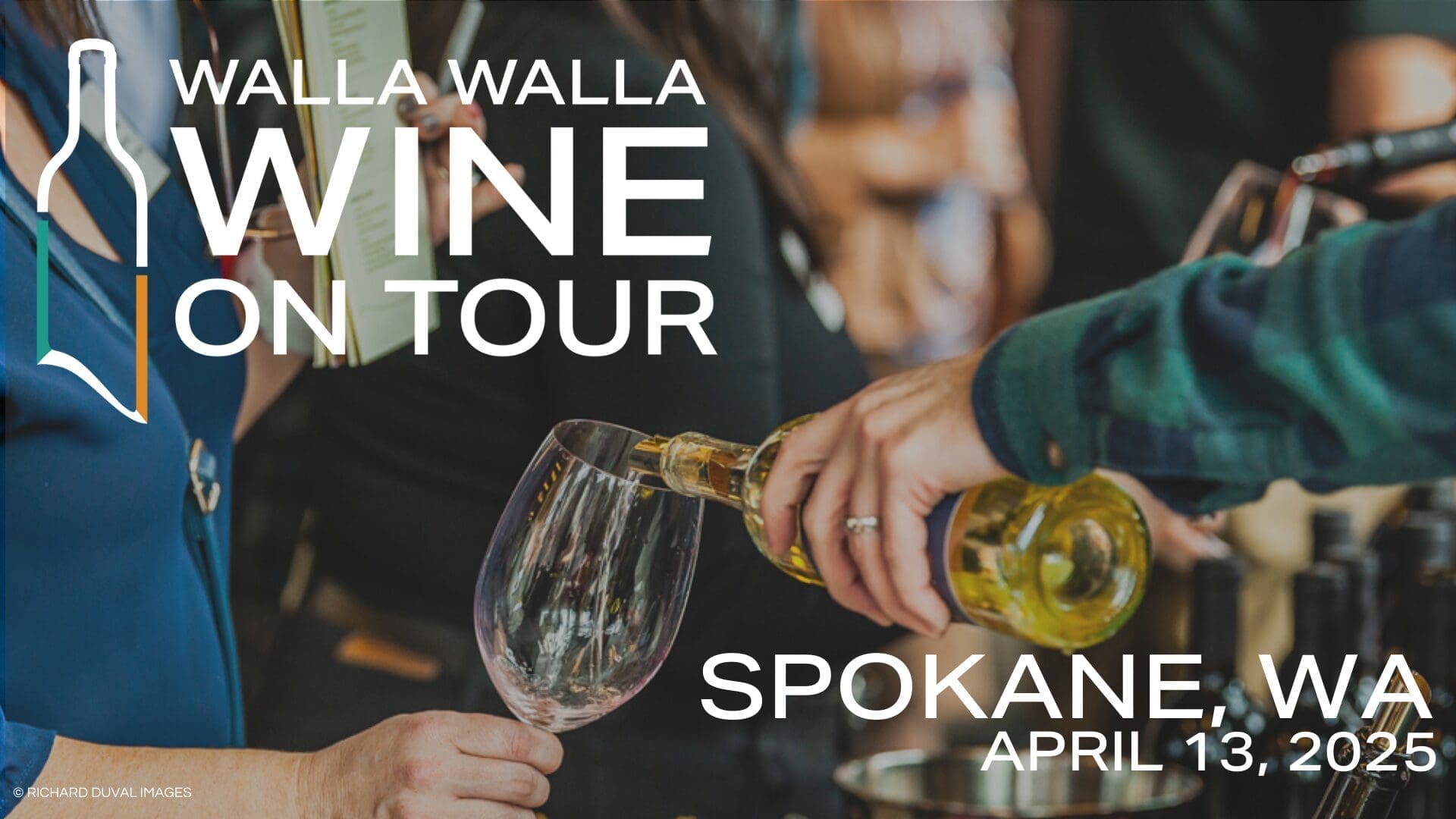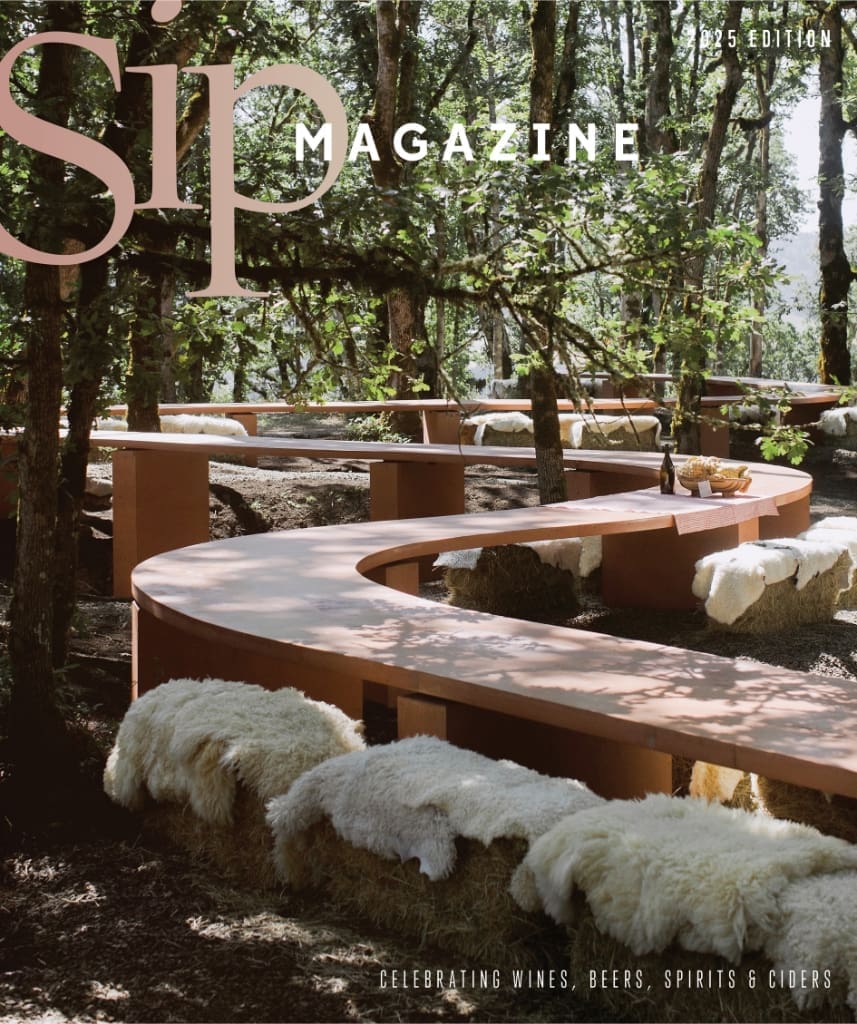In recent years, cider has surged onto the scene and taken over taps all around the Pacific Northwest. But while most people have heard of Angry Orchard or even sipped a glass of Pacific Northwest cider, it’s likely few have ever heard of or tasted perry. Even fewer have tried one of the handful being made in this corner of the world.
Perry is parallel to fermented apple cider, though it’s made from pears with common guidelines stating that it can contain no more than 25 percent apples. The majority of commercial “pear ciders”—which are often just apple cider with pear syrup or juice added—are ineligible for the title. In England, perry is made from heritage pears high in tannins and unfit to be eaten out of hand. As these pears are uncommon in these parts, Northwest perry makers have gotten creative.
Sea Cider: Vancouver Island, BC
On Vancouver Island, perry came into Sea Cider owner Kristen Jordan’s life in a serendipitous way.
A former member of the BC Fruit Testers Association, heritage fruit enthusiast Jordan got an intriguing call one day from a fellow member. “We went down the road in North Saanich, right near Sea Cider, and peeked over the fence of this orchard to see 40 50-foot tall pear trees,” Jordan says. It turned out that the trees were very rare, heritage perry pears planted by a British family that brought the pears to the islands more than 100 years prior. The connection strikes a chord with Jordan, as her first apple orchard was also an inherited estate.
The family allowed Jordan to pick the pears that year, and every year since. Since that day, seven years ago, Jordan has made perry just from the single orchard she stumbled upon, with each batch selling out. Because perry pears are so rare in the Northwest, the possibility of expanding production is limited and the rarity and scarcity is part of what delights her about making perry each year.
Nashi Orchards: Vashon Island, WA
When Nashi Orchards owners Jim Gerlach and Cheryl Lubbert decided to move back to Washington after a brief departure, they fell in love with 27 acres on Vashon Island—a piece of property that included an Asian pear orchard.
The orchard wasn’t in great shape, and they had to take out more than 40 of the older trees, although one original apple tree remains. Dotted with a few Bartlett and perry pear trees, as well as apples, Nashi began to produce both perry and hard cider. Nashi, meaning “pear” in Japanese, was the perfect fit for the couple, who have brought their love of Japan to the practice with the occasional use of sake yeast and the non-traditional perry.
In the case of their Chojuro Asian Pear perry, they use exclusively Asian pear—which also comes with limitations in the availability of fruit that sells for quite a lot in stores. In the future, Gerlach wants to travel to Japan and make new perry collaborations with the beverage makers and growers there.
Neigel Vintners: Wenatchee, WA
In Wenatchee, Washington, Neigel Vintners makes a perry gaining popularity—though their bottles say pear cider, stating they “haven’t had the guts” to label it as perry.
Co-owner Kevin Van Reenen, who has a master of business and administration degree with a focus on finance, says the drinking statistics are against them. “If you look at the numbers, cider has a .5 [percent] share of the beer industry in the U.S.,” Van Reenen says. “In Seattle and Portland, there’s a 10-times share, but even that is still tiny.”
Van Reenen and his brothers inherited an orchard of Bartletts they grew up pruning and eating, making their mission with perry a little easier. They hadn’t done anything with it until Kevin returned from drinking a lot of cider in England. Five years ago, they learned Bartletts are among the best pears for fermenting. The brothers began picking with a purpose, crushing fruit inherited from their grandfather, in a 112-year-old cider press, with commercial sales already taking off.
The Popularity of Perry
Between the limited availability of fruit in the area and the consumer’s lack of education, perry is a tough market to build in the area. Sea Cider’s Jordan says people think of pear cider as something sweeter, a cider with pear syrup, and are sometimes shocked by its dryness. “We sell one bottle at a time, explaining the story to each person,” she says.
And those bottles they’re selling? They came from fruit picked on a ladder from a 50-foot tall tree, making perry one of the hardest beverages to make, from seed to sale.


